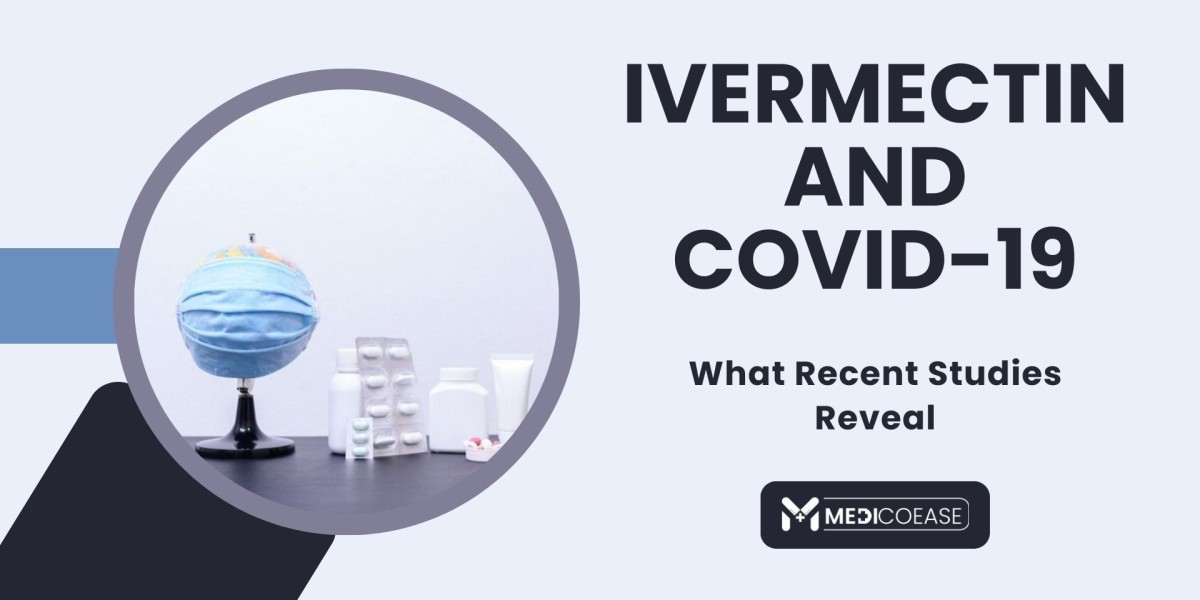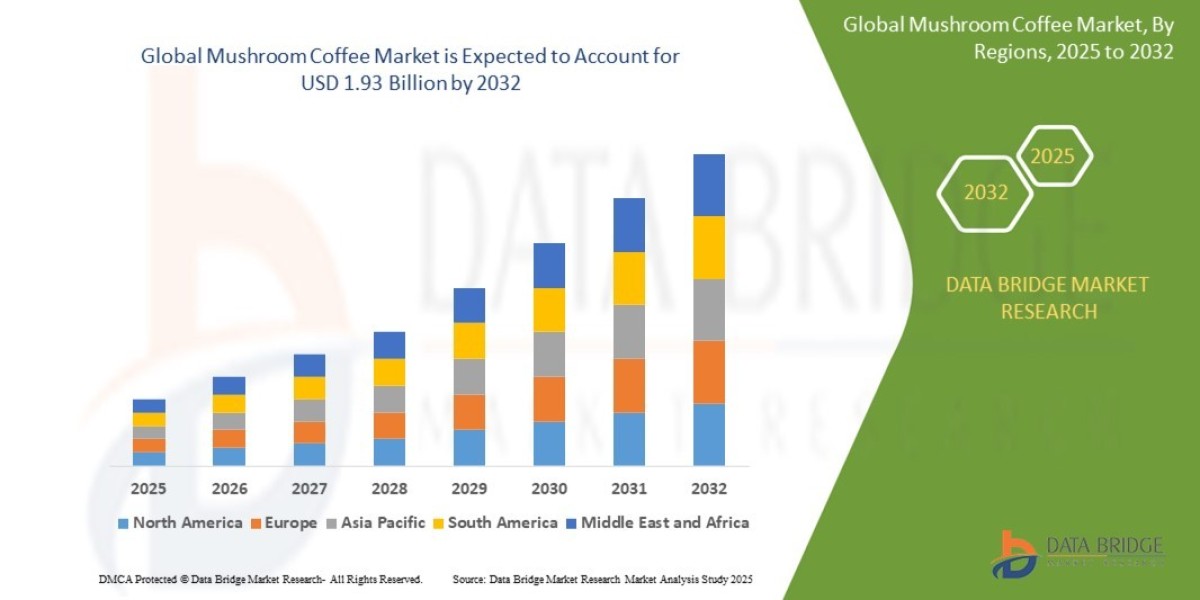In 2025, the debate over Ivermectin and COVID-19 still sparks strong opinions in the United States. While scientific evidence and government guidance have evolved, misinformation remains a powerful force, circulating through social media, online forums, and even political discussions. For many Americans, separating fact from fiction is harder than ever.
Recent Ivermectin COVID-19 studies 2025 USA have brought new clarity on the drug’s actual role in managing coronavirus infections, but they also highlight risks of self-medication and the persistent gap between scientific consensus and public perception. This blog explores the latest research, examines ongoing myths, and outlines what Americans need to know about efficacy, safety, and regulatory guidance — all within the context of modern telehealth and the growing influence of digital media.
? COVID-19 Misinformation Involving Ivermectin in the USA
Misinformation about Ivermectin COVID has been circulating since the early pandemic years, often fueled by incomplete data or misinterpretations of scientific studies. In 2025, false claims continue to spread, with some social media influencers still promoting the drug as a miracle cure despite a lack of conclusive evidence.
The rise of alternative medicine content creators has made it easy for outdated or misleading claims to resurface. This includes incorrect dosing recommendations for Ivermectin 6mg and Ivermectin 12mg, unverified testimonials, and conspiracy theories about pharmaceutical companies suppressing "natural cures." While some of these narratives might seem harmless, they can lead to dangerous practices like self-prescription and delayed treatment for severe COVID-19 cases.
? Latest Clinical Research Results on Ivermectin
Scientific trials in the U.S. and abroad now present a clearer picture. The most recent Ivermectin COVID-19 studies 2025 USA indicate that while the drug has antiparasitic properties, its antiviral activity against SARS-CoV-2 remains inconclusive in large-scale human trials.
Most reputable research teams agree that any antiviral effect is modest at best, and not sufficient to recommend Ivermectin as a frontline COVID-19 treatment. Some smaller trials have suggested minor benefits in early-stage infections, but these results have not been consistently replicated.
In line with current FDA ivermectin guidelines, doctors are urged to prescribe the medication only for approved uses, such as certain parasitic infections, unless part of a controlled clinical study. This cautious stance helps prevent unnecessary Ivermectin overdose cases, which have risen in recent years due to self-medication trends.
? CDC and FDA COVID-19 Guidelines for Americans
As of mid-2025, the CDC and FDA guidance on Ivermectin COVID remains unchanged: the drug is not approved for preventing or treating COVID-19 outside of clinical trials. The FDA ivermectin fact sheets stress that safety concerns outweigh unproven benefits, especially when dosing is not supervised by a healthcare provider.
The agencies also encourage telehealth consultations for patients seeking COVID-19 treatment advice. This approach helps ensure proper diagnosis, rule out dangerous self-prescription, and provide timely access to proven therapies. For Americans looking to purchase Ivermectin online, only verified platforms like Medicoease are recommended to ensure authenticity and correct dosage.
⚠️ Risks of Self-Prescribing Ivermectin for COVID-19
Self-prescription remains one of the most significant public health challenges surrounding Ivermectin COVID use in the U.S. Some individuals acquire veterinary formulations or buy the drug from unregulated online sources, risking incorrect dosing and harmful side effects.
The most common complications of misuse include nausea, dizziness, low blood pressure, and severe allergic reactions. In more serious cases, Ivermectin overdose can lead to seizures, coma, or even death. The problem is compounded by misinformation that encourages people to take higher doses "for stronger protection," a claim that has no scientific basis.
Healthcare professionals stress that both Ivermectin 6mg and Ivermectin 12mg should only be used under medical supervision. This ensures that treatment is tailored to the patient’s specific needs and minimizes the risk of adverse effects.
? Telehealth Monitoring and Prescription Rules
Telehealth has become a cornerstone of COVID-19 care in the U.S., especially in rural and underserved areas. Telehealth monitoring Ivermectin 2025 allows doctors to oversee patients who are prescribed the drug for legitimate medical reasons, ensuring correct dosing, follow-up testing, and early detection of side effects.
U.S. telehealth rules now require physicians to document the medical justification for prescribing Ivermectin COVID. These regulations aim to reduce misuse while still allowing access for patients who genuinely need the medication for approved purposes. For those ordering Ivermectin online, platforms like Medicoease ensure that telehealth prescriptions are honored with safe, pharmacy-grade products.
? Social Media Influence on Public Perception
Social media has played a double-edged role in the Ivermectin COVID narrative. On one hand, platforms like Twitter, Instagram, and TikTok have been channels for spreading vital health updates. On the other, they have amplified misinformation, enabling unverified claims to reach millions within hours.
The psychology of viral misinformation means that people often share posts that align with their beliefs, regardless of accuracy. This has contributed to persistent myths, such as Ivermectin cancer cure claims, which lack credible scientific support but continue to trend in certain online communities.
? Niclosamide and Fenbendazole Potential Antiviral Discussion
Alongside Ivermectin, other drugs like Niclosamide and Fenbendazole have entered public conversations about potential COVID-19 treatments. Preliminary studies have examined their antiviral properties, but like Ivermectin, evidence remains insufficient for broad medical recommendations.
Niclosamide Fenbendazole antiviral research continues in academic and pharmaceutical laboratories, with early data suggesting potential benefits against certain viral infections. However, both the FDA and CDC emphasize that these drugs should not be self-administered for COVID-19 prevention or treatment outside of research settings.
? Conclusion
In 2025, the science around Ivermectin COVID use is more settled than it was in the chaotic early pandemic years, yet public opinion remains divided. The latest research underscores the importance of evidence-based medicine, proper dosing, and professional medical oversight.
For Americans seeking clarity, the message from health authorities is consistent: Ivermectin is not a proven COVID-19 treatment and should only be used under a doctor’s care for approved conditions. Telehealth services, trusted sources like Medicoease, and ongoing research into alternative antivirals can help ensure that the U.S. stays prepared for future public health challenges.
❓ FAQ
Q1: Is Ivermectin effective against COVID-19 in 2025?
While some small studies show minor benefits, large-scale trials do not support Ivermectin as a standard COVID-19 treatment.
Q2: Can I buy Ivermectin online safely?
Yes — but only through trusted platforms like Medicoease, which provide authentic medication with proper dosage guidance.
Q3: What are the risks of Ivermectin overdose?
Symptoms can range from dizziness and low blood pressure to seizures and coma. Overdose risk increases with unsupervised use.
Q4: Are Ivermectin 6mg and Ivermectin 12mg doses interchangeable?
No — dosage depends on medical condition, body weight, and doctor recommendations. Self-adjusting doses is unsafe.
Q5: How does telehealth help with Ivermectin prescriptions?
Telehealth allows doctors to prescribe and monitor Ivermectin use safely, preventing misuse and managing side effects promptly.








